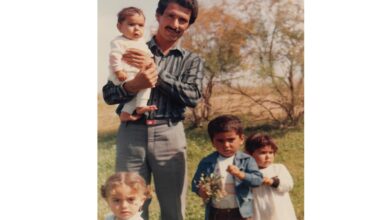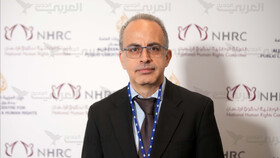UN Enhancing Trauma Counseling Skills for Victim Support Officers for Terrorism
Association for Defending Victims of Terrorism- From 19 to 21 May 2025, the United Nations Office on Drugs and Crime (UNODC), in collaboration with the National Counter-Terrorism Authority (NACTA) and with financial support from the European Union (EU), conducted a three-day specialized training course in Karachi focusing on enhancing trauma counseling skills among frontline support providers.

The workshop, held at the Mövenpick Hotel Karachi, aimed to equip victim support providers with the necessary skills to work effectively with individuals affected by terrorism-related trauma. The workshop welcomed over 16 participants from provincial government departments, including 5 women from their psychosocial support units across Pakistan.
The workshop began with a welcome address by Ms. Sania Rabab, Senior Programme Officer, UNODC, who welcomed the participants and emphasized the importance of trauma-sensitive care within the broader framework of victim support. The first day introduced participants to fundamental concepts related to trauma, its impact, and ethical considerations when working with trauma survivors. Modules on understanding trauma, secondary trauma, and self-care by service providers were delivered through engaging discussions and group exercises that allowed participants to connect their work experiences with the training content.
On the second day, participants deepened their learning through skills-based sessions on core counseling techniques. The interactive format helped participants develop practical competencies such as active listening, building trust, and managing emotional responses during support sessions. These skills were grounded in the trauma-informed counseling framework, ensuring that support providers were equipped to recognize and respond sensitively to the complex needs of victims. Participants shared their field experiences, identified challenges in providing services to marginalized populations, and explored culturally relevant practices to enhance outreach.
The final day continued with advanced modules on trauma-informed counselling approaches and concluded with a session on reviewing national pathways for care for victims of terrorism. The session helped participants understand the institutional mechanisms and referral systems that can be used to provide comprehensive support. The workshop concluded with a closing ceremony and distribution of certificates, recognizing the commitment and dedication of participants in enhancing care for victims of terrorism.
The training was part of ongoing efforts under the EU-funded project “Countering and Preventing Terrorism in Pakistan”, implemented by UNODC and NACTA. By strengthening the psychosocial response capacity of frontline support providers, the initiative contributes to a broader goal: empowering victims, restoring dignity and building resilience in communities affected by terrorism.





